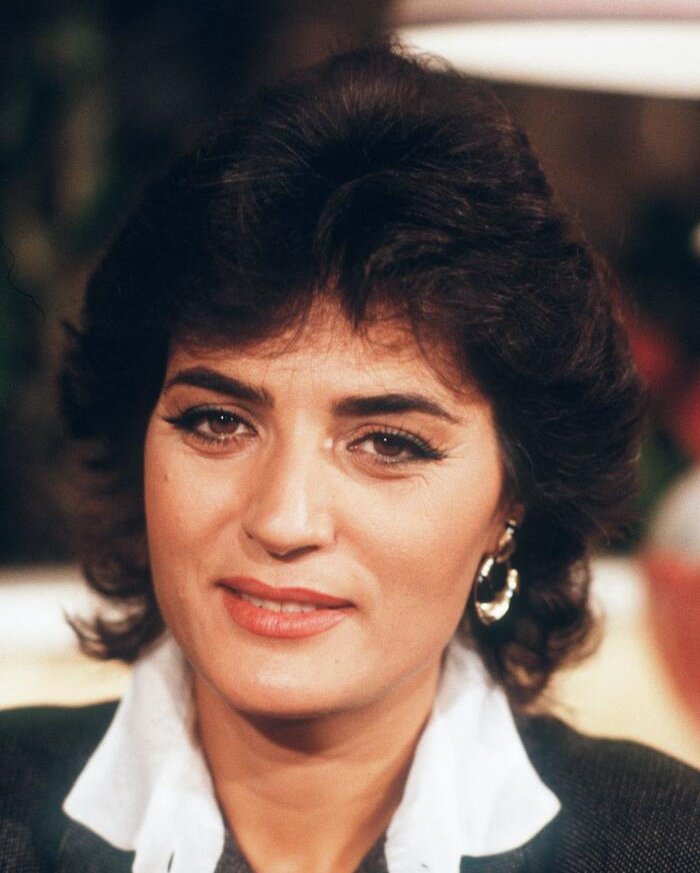Linda de Suza was a successful variety singer, but her 1984 autobiography La Valise en Carton (“The Cardboard Suitcase”), a testimony like few others on Portuguese migration to France, became her greatest success with more than 2 million copies sold.
De Suza died at the age of 74 on Wednesday, December 28.

Her agent, Fabien Lecœuvre, and her son, Joao Lança, reported that that morning, she had been transferred to Gisors (Normandy) for respiratory failure and that she was positive for Covid-19.
Teolinda Joaquina de Sousa Lança was born on February 22, 1948, in Beringel, in the southern region of Alentejo, Portugal.
The story of her life touched hearts with its miserable beginnings (in a soup kitchen) with a tyrannical family (alcoholic father, ruthless mother) of eight children, before being sent to a boarding school run by nuns in Lisbon.
In those days, the country was governed by António de Oliveira Salazar’s moral order, the Estado Novo.
In July 1968, when she became a mother at the age of 20, no kindness was shown to her.
“My girlfriends were forbidden from talking to me. I was the shame of the hamlet,” she explained.
Her son and this “cardboard suitcase” were all she brought with her when she immigrated illegally to France in 1969 and settled in the Paris region in 1973.
Besides the shantytown of Ivry-sur-Seine (southeastern Paris suburbs) that awaited her, there was a job at a canning factory in Kremlin-Bicêtre (also outside of the city) and then housekeeping in hotels in the capital.
But there was also the hope of another life when she began singing at Chez Louisette, the guinguette (popular drinking and dancing establishments) at the flea market in Saint-Ouen (Seine-Saint-Denis), for “a bowl of soup,” as she described it.
She sang fados by Amalia Rodrigues (1920-1999). Her role model was Dalida (1933-1987).
De Suza was discovered there by composer Alex Alstone, a collaborator of Tino Rossi and Maurice Chevalier, and then by lyricist Vline Buggy, who contributed to her first songs.
She signed a recording contract with the producer Claude Carrère, the man who launched French pop singer Sheila.
Jean-Claude Petit arranged her first bilingual 45 rpm single titled, “Un Portugais/Um Português,” in 1978.
The lyrics laid out her shared experience: “
Two cardboard suitcases on the land of France/A Portuguese man has just left his Portugal/Like so many others he has come to try his luck.”
She got an invitation to popular French host Michel Drucker’s television show as a result of the song’s success.